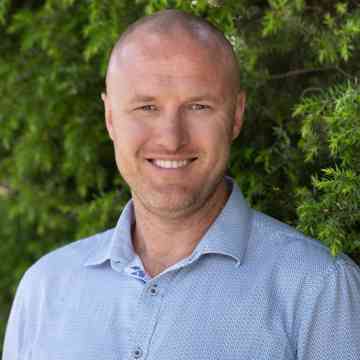Grief is a natural reaction to painful loss. Grief is normal and healthy, yet can be extremely painful, frightening and difficult to tolerate.
People tend to struggle with grief for a number of reasons. Firstly it is difficult to tolerate the extent of pain which usually accompanies grief and secondly, people tend to run into problems when they avoid feeling grief.
People often experience grief when:
- someone they care about dies
- changing or losing a job
- a relationship or friendship ends
- children move out of home
- they can’t do the things they used to due to a disability or health condition
- a pet dies.
If you or someone you care about is experiencing grief it might be helpful to:
- Allow yourself to feel your difficult feelings. This is often a counterintuitive response to grief but is the path to healing. The avoidance of feelings is a common underlying factor when people develop addictive and destructive behaviours.
- Spend time with people who can empathise with you and who allow you not to ‘move on’ before you are ready.
- Talk about your loss. Talk about what you will miss and what will never be the same again. Talking with friends can make it easier to tolerate your difficult feelings. It may be helpful to consult a counsellor if you feel you require more support than your friends can provide.
- Share your experience of grief with other people who are grieving. They will most likely be relieved to be able to share experiences.
- Maintain familiar routines as much as possible. Keep your life simple and cancel and postpone commitments as you feel is needed.
- If you don’t know how to talk to someone who is experiencing grief, be honest with them and ask them what they would like of you at this time.
- Do not rely on children for support. They have their own developmental needs which can be compromised by an adult’s emotional dependence upon them.

Marcus Andrews
Marcus Andrews is the founder and director of Life Supports, which was established in 2002. He has extensive professional experience working as a counsellor and family therapist across a broad range of issues. The core component of his role at Life Supports involves the supervision of other counsellors, including secondary consultations. Marcus has worked in many sectors, including private, government, non-profit, health, forensic and community practice.
Recommended Reading
Get help now
Appointments currently available
Open 8am to 8pm weekdays and 9am to 5:30pm weekends